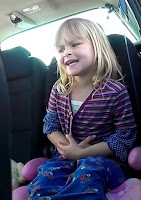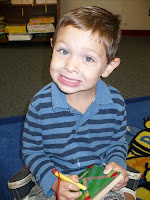Advantages & Disadvantages of Being Labeled "Autistic"
If your child receives a formal diagnosis of autism, there are going to be a number of benefits as well as difficulties associated with getting “the label.” In this video, we will look at the advantages and disadvantages of getting labeled with a developmental disorder . More resources for parents of children and teens with High-Functioning Autism and Asperger's : ==> How To Prevent Meltdowns and Tantrums In Children With High-Functioning Autism and Asperger's ==> Parenting System that Significantly Reduces Defiant Behavior in Teens with Aspergers and High-Functioning Autism ==> Launching Adult Children with Asperger's and High-Functioning Autism: Guide for Parents Who Want to Promote Self-Reliance ==> Teaching Social Skills and Emotion Management to Children and Teens with Asperger's and High-Functioning Autism ==> Parenting Children and Teens with High-Functioning Autism: Comprehensive Handbook ==> Unraveling The Mystery Behind

